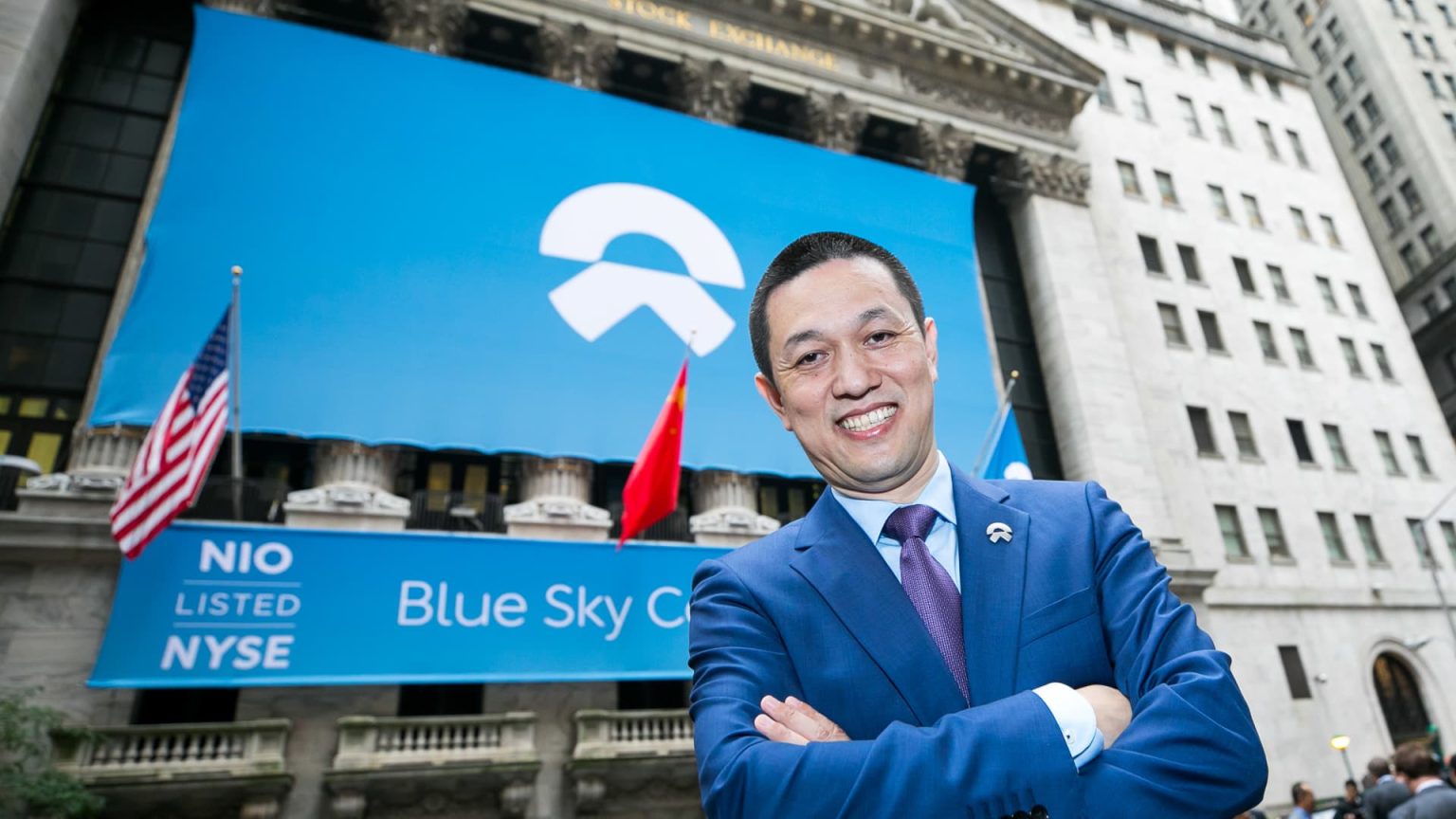Chinese electric car start-ups Nio and Xpeng are targeting a lower-priced segment of the market by introducing new mass market branded cars this year. Nio, known for targeting the premium market with vehicles costing $50,000 or more, is set to launch a more affordable SUV that will be cheaper than Tesla’s Model Y. The new car will be part of Nio’s newly branded line called Onvo and is expected to be priced around $30,000. Xpeng, on the other hand, plans to release its own sub-brand called Mona with cars priced below 150,000 yuan, positioning itself as a competitor in the mass market segment.
Both Nio and Xpeng’s moves to enter the mass market come as a response to an intense price war in China’s new energy car market, encompassing battery-only and hybrid vehicles. With these new brands, the companies will directly challenge local competitors like BYD and international carmakers like Volkswagen. The shift in strategy reflects a growing trend towards more affordable electric vehicles in China, which account for over 40% of new passenger cars sold in the country. Despite this move towards lower prices, neither Nio nor Xpeng are planning significant adjustments to their main brands, indicating a sustained price volatility in the market.
The new mass market brands from Nio and Xpeng aim to target families and consumers looking for more affordable electric vehicles. Xpeng’s Vice Chairman and Co-President, Brian Gu, emphasized that the company’s ability to deliver differentiated technology to the mass market through scale, technology, and cost control. Xpeng is known for its driver-assist software, which it plans to differentiate for the new sub-brand, Mona. This move also reflects the company’s belief that advanced technology should not be limited to the premium market segment, but accessible to a wider range of consumers.
China’s electric car market is witnessing a convergence of competition in both the premium and mass market segments. While Tesla’s Model Y remains a popular choice in the lower-priced electric SUV category, new entrants like Nio and Xpeng are poised to challenge Tesla’s market dominance by offering competitive options at more affordable prices. By expanding their product offerings and targeting different consumer segments, these Chinese electric car start-ups are positioning themselves for greater market share and growth. Additionally, established players like BYD are also diversifying their product offerings to cater to different price points, further intensifying competition in the electric vehicle market.
The push towards more affordable electric vehicles in China is also driven by the government’s support for sustainable transportation solutions. With initiatives to promote electric vehicles and reduce emissions, Chinese electric car companies are racing to capture a larger share of the market and gain a competitive edge. By offering new, lower-priced options, companies like Nio, Xpeng, and BYD are not only expanding their customer base but also contributing to the country’s efforts to combat climate change and promote clean energy technologies. This shift towards more affordable electric vehicles reflects a broader trend towards sustainability and innovation in the automotive industry in China.
Overall, the introduction of new mass market brands by Chinese electric car start-ups Nio and Xpeng signals a shift towards more affordable electric vehicles in response to an intense price war in the market. By targeting lower-priced segments and diversifying their product offerings, these companies are positioning themselves for growth and greater market share. This trend reflects China’s commitment to sustainable transportation solutions and the growing demand for electric vehicles in the country. As competition intensifies in both the premium and mass market segments, Chinese electric car companies are innovating and differentiating themselves to capture a larger share of the market and drive the adoption of clean energy technologies in China.













